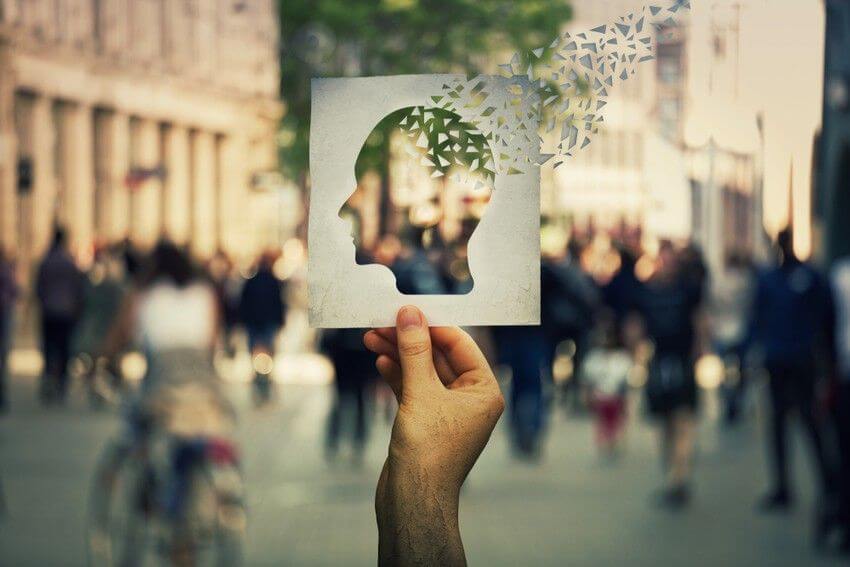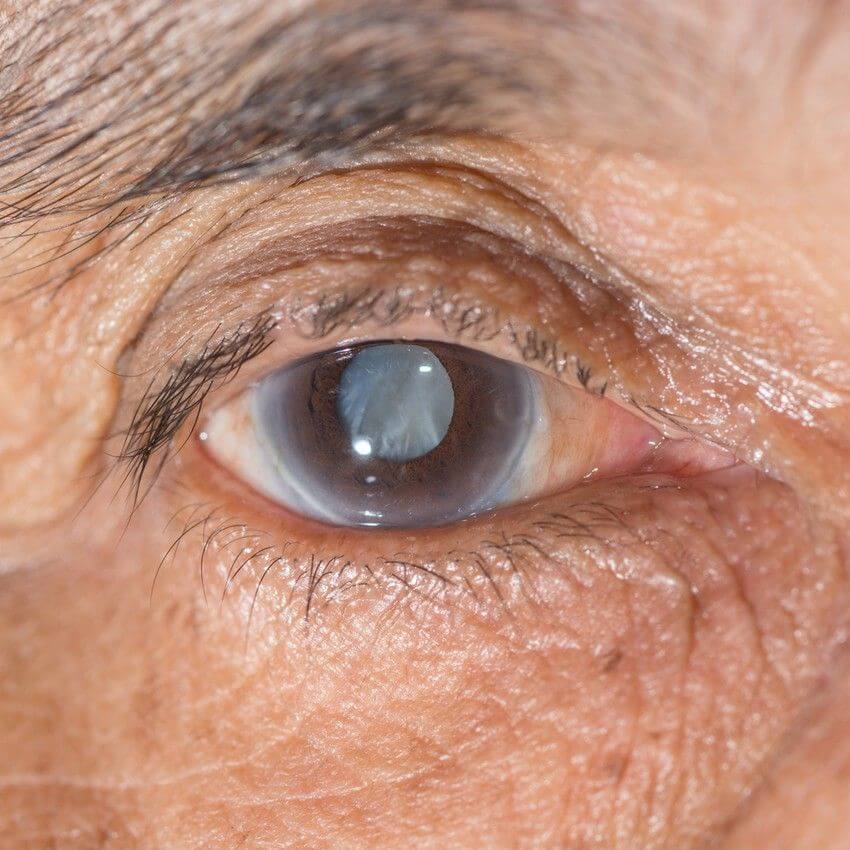How Can Alzheimer’s Affect Vision?
For the 900,000 people in the UK living with dementia, most of whom have Alzheimer’s disease, daily living is an incredible challenge. Alzheimer’s causes nerve cells in the brain to die, which affects memory, decision-making abilities and vision. To support the great awareness campaigns happening this World Alzheimer’s Month, we wanted to share exactly how dementia and Alzheimer’s disease affect vision.
Alzheimer’s And Eyes – What Goes Wrong?

Your ability to see clearly relies on having both healthy eyes and a healthy brain as your brain is responsible for interpreting the information that comes streaming in through your eyes. As nerve cells in the brain affected by Alzheimer’s degenerate, there are 4 key areas of vision that are affected:
1) Depth Perception
Depth perception requires information from both of your eyes to be stitched together. In dementia and Alzheimer’s disease, the brain becomes overwhelmed and doesn’t properly process information from both eyes, which makes it hard for someone with Alzheimer’s to judge how close or far away things are. For example, they may appear to be grasping at thin air when in fact they are trying to grab an object off the floor that appears closer than it actually is. They will also struggle to tell whether an object is flat or 3D. For example, whether they are looking at a real cup of tea or a picture of a cup of tea
2) Peripheral Vision
As Alzheimer’s disease progresses, peripheral vision reduces, affecting the top, bottom, left and right fields of view. This results in restricted vision limited to a 12-inch field of view, which makes it difficult to safely move around in any environment.
3) Motion Detection
As the brain struggles to process information with Alzheimer’s, detecting motion becomes increasingly challenging. Instead of experiencing vision as a continuous video, the world appears as still photos. Engaging in any activities that involve fast movements or watching television becomes difficult.
4) Colour Recognition
Differentiating between different colours and perceiving contrast becomes harder for anyone with Alzheimer’s. This makes it hard to find and identify objects, for example, seeing a white plate on a white tablecloth. Introducing high colour contrast can help an individual with Alzheimer’s manage their daily tasks, such as placing a white plate against a dark tablecloth.
Alzheimer’s And Eyes – It Can Go Both Ways

While Alzheimer’s can affect vision, poor vision can also affect Alzheimer’s. Cataracts and aging both impair vision and for someone with Alzheimer’s can add to their confusion and difficulty navigating the world.
Regular eye tests are therefore essential both to detect visual changes resulting from Alzheimer’s and visual changes resulting from other conditions that can make living with Alzheimer’s even harder. Eye tests can be adapted to make it easier for someone with Alzheimer’s, and if any vision problems are detected, changes can be made to help make daily living less challenging.
If you’re caring for someone with dementia, make sure you’re helping them to keep up with their regular eye tests. Book their next eye test with Optikal Opticians in Potters Bar, Temple Fortune and Finchley today.
